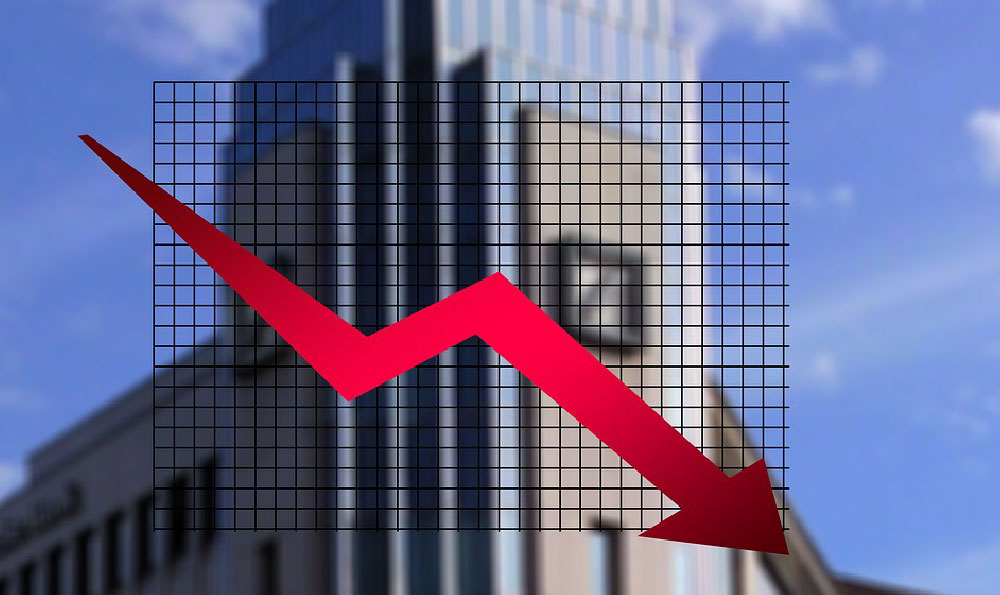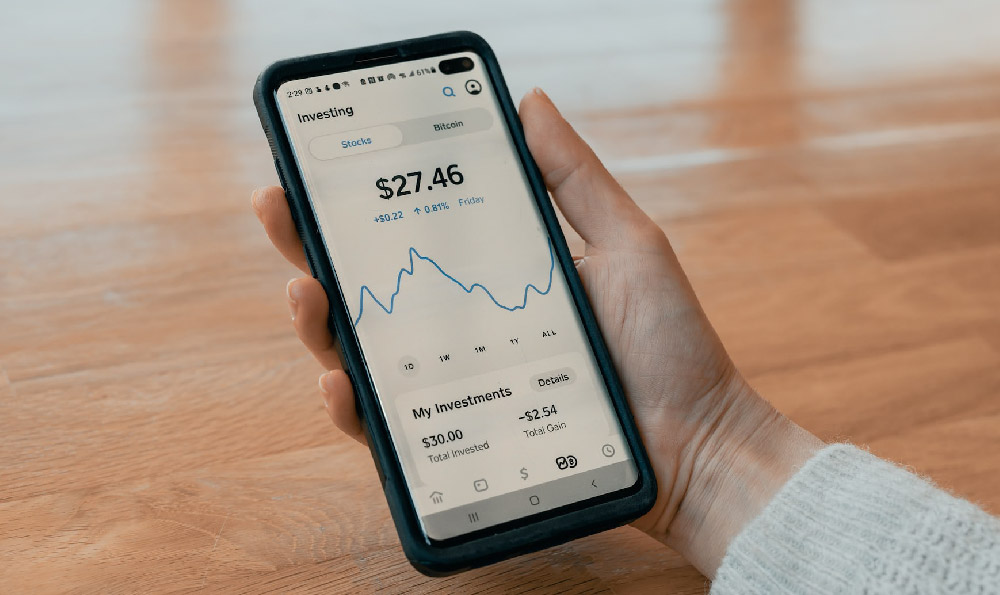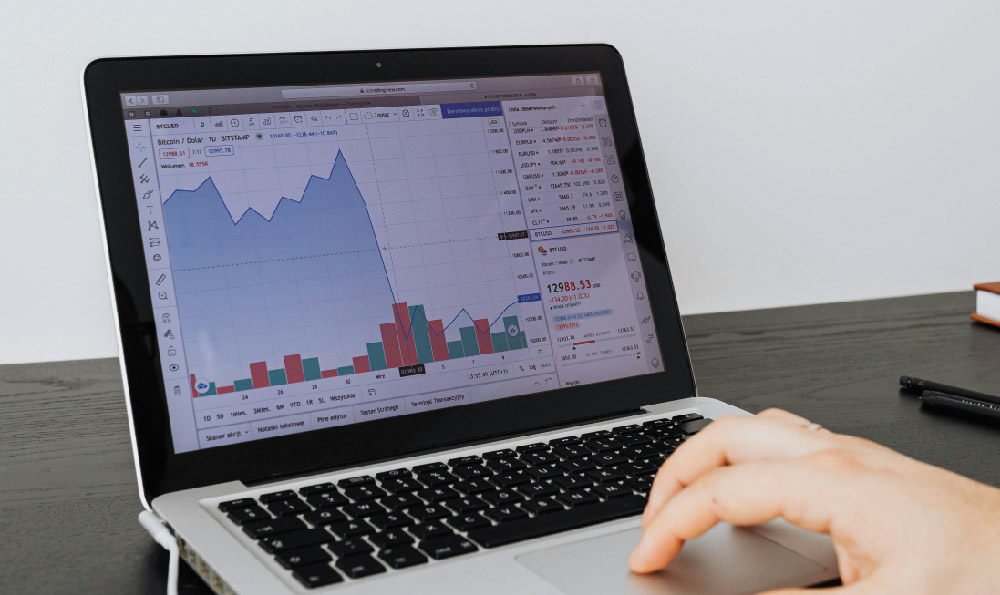
Recycling, once viewed merely as a means of environmental responsibility, has evolved into a compelling avenue for financial gain. In an era where sustainability is increasingly intertwined with profitability, the recycling industry offers diverse opportunities for investors seeking to capitalize on both resource scarcity and rising demand for eco-friendly solutions. The key lies in identifying niche markets, leveraging technological advancements, and understanding the intricate balance between cost, value, and regulatory environments. While traditional recycling streams such as paper, glass, and metal remain stable, emerging sectors like electronic waste, plastic recovery, and battery recycling are gaining traction, driven by the circular economy movement and stringent environmental policies. These areas present both challenges and rewards, requiring a strategic approach that combines market acumen with operational efficiency.
One of the most lucrative avenues in recycling is the electronics sector. As global dependence on digital devices escalates, the volume of discarded electronics—ranging from smartphones to outdated computers—has surged, creating a vast reservoir of valuable materials like gold, silver, and copper. These metals are often embedded in circuit boards and can be extracted with specialized equipment, yielding substantial returns. However, the process is not without complexity; it demands technical expertise to separate hazardous components such as lithium batteries and PCBs, which require safe handling and compliance with environmental regulations. Investors in this domain should consider partnering with certified recycling facilities or developing in-house processing capabilities to mitigate risks while maximizing recovery rates. The profitability here hinges on understanding supply chains, anticipating market demand for recycled components, and navigating the fluctuating prices of raw materials.
Plastic recycling, though often associated with lower margins, holds transformative potential when approached with innovation. Single-use plastics, particularly in the packaging industry, contribute to global environmental crises, yet their recovery can lead to significant long-term gains. High-demand applications for recycled plastics span from construction materials like pallets and insulation to high-value products such as automotive parts or medical equipment. The critical factor is the ability to differentiate between recyclable and non-recyclable plastics, as contamination remains a major hurdle in this sector. Investors might explore partnerships with local municipalities or businesses to establish collection systems, ensuring a steady supply of clean materials. Additionally, developing advanced sorting technologies using AI or blockchain can enhance efficiency and reduce operational costs, making plastic recycling more competitive.

Metal recycling, particularly in sectors like automotive and manufacturing, remains one of the most profitable industries due to the high value of recovered materials. Aluminum, for instance, can be recycled repeatedly without losing quality, making it a cornerstone of sustainable production. The process of metal recovery involves not only extracting the raw material but also understanding market dynamics—such as the demand for scrap metal in the construction industry or the value of rare earth elements in renewable technologies. Investors should conduct thorough market research to identify regions with high production volumes and low recycling rates, as these areas offer the highest potential for profit. Collaborating with industries that generate significant metal waste, such as aerospace or electronics, can create symbiotic relationships, ensuring a consistent supply of materials and securing premium prices.
The paper recycling industry, though traditionally less volatile, has seen renewed interest due to the increasing demand for sustainable alternatives in various sectors. While this market may have lower profit margins, its stability and scalability make it an attractive option for long-term investors. The primary beneficiaries of paper recycling are industries that rely on paper products, including packaging, publishing, and education. By investing in paper recovery, individuals can tap into the growing market for eco-friendly materials, which is expected to expand as businesses prioritize sustainability. However, the success of this venture depends on efficient logistics, as transportation costs can significantly impact profitability. Establishing local collection and processing operations can reduce these costs and enhance competitiveness.
In the realm of battery recycling, the intersection of renewable energy and electric vehicles is creating unprecedented opportunities. Lithium-ion batteries, particularly from electric cars and consumer electronics, contain valuable metals such as lithium, cobalt, and nickel, which are essential for modern technology. The revival of this industry is being fueled by government incentives aimed at reducing the environmental impact of battery disposal. Investors should recognize the importance of technical innovation in this sector, as advanced recycling techniques can recover higher percentages of materials with reduced environmental impact. Moreover, aligning with industries that are transitioning to sustainable energy, such as mobility and storage, can provide unique advantages and long-term growth potential.
Ultimately, success in recycling ventures requires a combination of market insight, technological proficiency, and regulatory awareness. The industry's profitability is not solely dependent on the volume of materials but also on the ability to meet the evolving needs of consumers and businesses. As the global economy shifts toward sustainability, recycling will play an increasingly vital role in both environmental and financial landscapes. Investors who approach this industry with a strategic, informed mindset are well-positioned to reap the rewards of this dynamic and expanding market.





